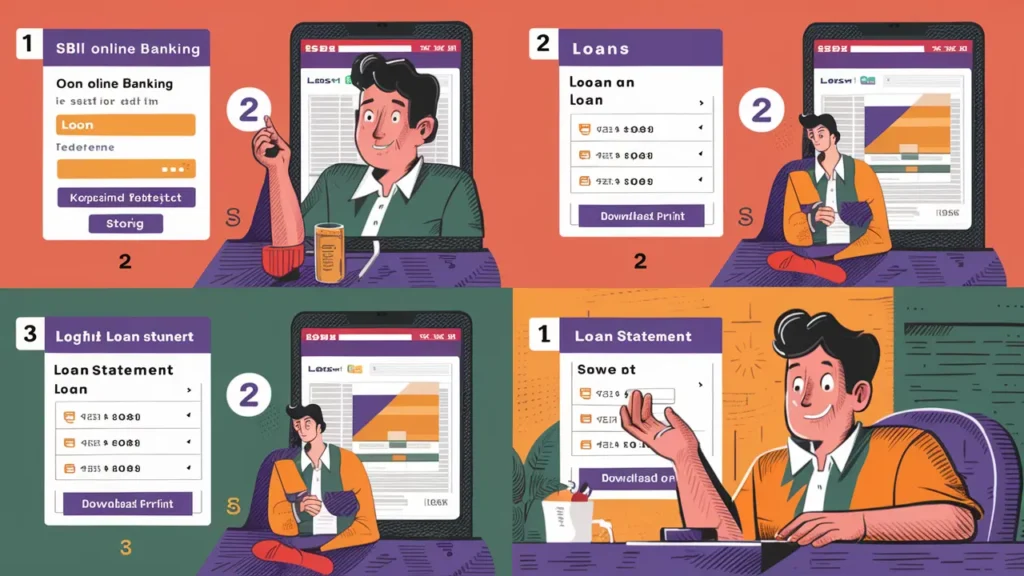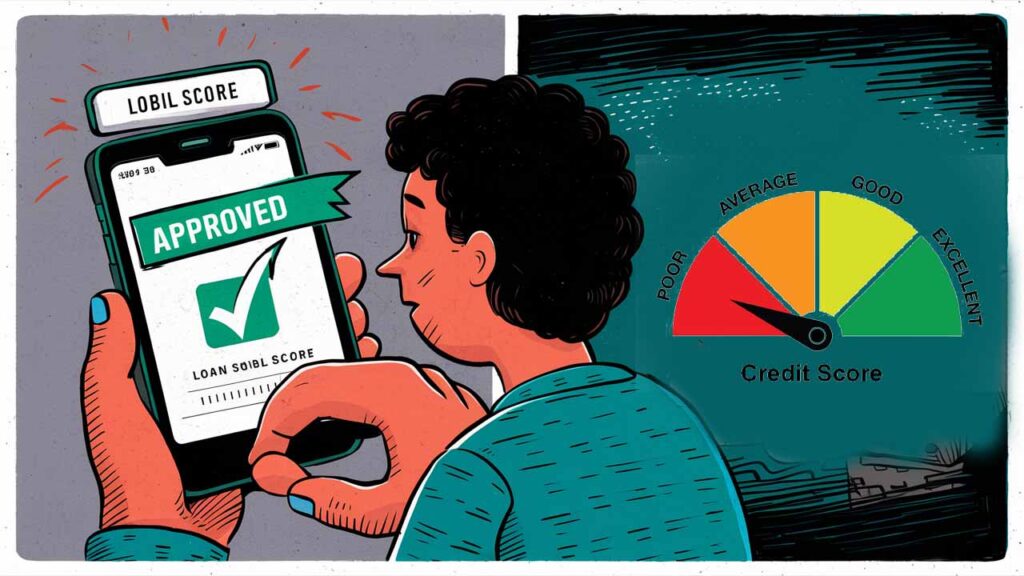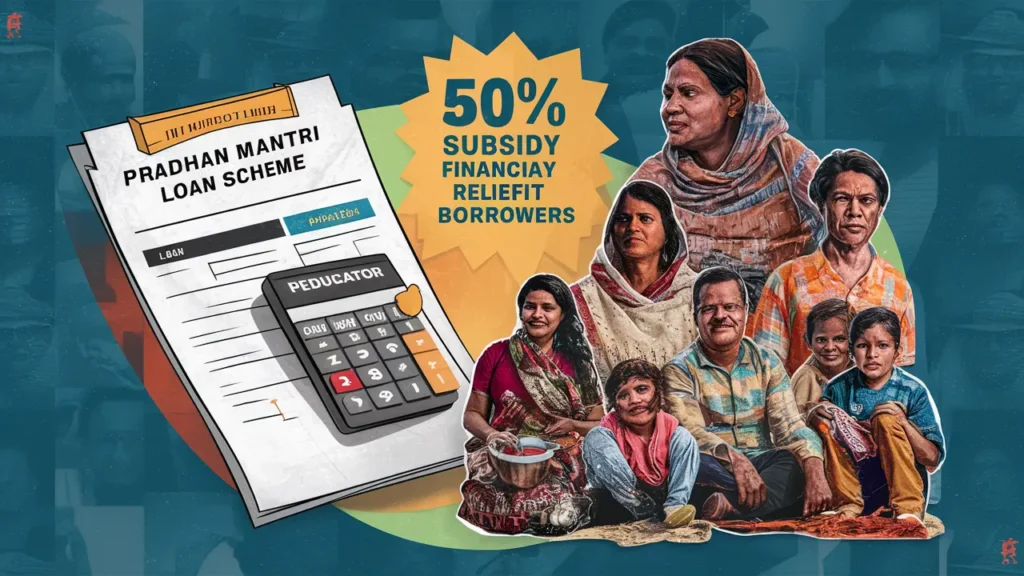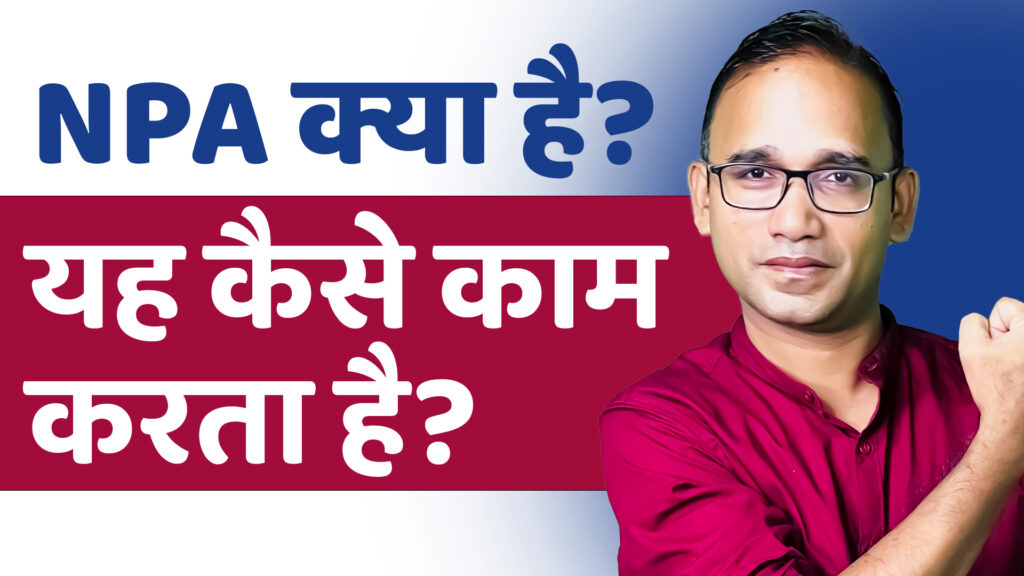Summary
Loan Settlement scams target vulnerable individuals struggling with debt, offering false promises of debt elimination or reduction while charging excessive upfront fees for minimal services. These fraudulent operations can be identified by their unrealistic guarantees, high-pressure sales tactics, demands for upfront payment, and lack of verifiable credentials. Legitimate debt relief services, in contrast, provide transparent fee structures, set realistic expectations, and typically charge fees only after successful settlements. To protect yourself, thoroughly research any company before engagement, verify their credentials with regulatory agencies, and watch for red flags like urgency tactics or isolation from creditors. If you’ve been victimized, immediately stop payments, document all interactions, report the scam to appropriate authorities, and explore legitimate alternatives like non-profit credit counseling. Remember that building financial literacy and working with verified financial resources are your strongest defenses against these predatory scams.
Introduction
In today’s complex financial landscape, individuals struggling with debt often seek solutions to alleviate their financial burdens. Loan settlement services promise relief by negotiating with creditors to reduce outstanding debts. Unfortunately, this vulnerability has created fertile ground for scammers who prey on desperate borrowers. Loan settlement scams have become increasingly sophisticated, leaving victims not only with their original debt but often in worse financial condition. These fraudulent operations typically promise unrealistic outcomes, charge excessive upfront fees, and disappear after collecting payment. Understanding the nature of these scams, recognizing warning signs, and knowing how to verify legitimate services are crucial steps in protecting your financial well-being.
What Is a Loan Settlement Scam?
Targeting debt-ridden people, loan settlement scams promise to negotiate with creditors to either lower or remove outstanding debt. Unlike reputable debt settlement firms that have open lines of contact with creditors and clients, scammers usually pay upfront fees and provide either minimal or no actual services.
Learning about the Loan Settlement Scam Meaning
Fundamentally, a loan settlement fraud is the result of a corporation or person misrepresenting their capacity to negotiate on your behalf with creditors. Usually unrealistic and meant to attract desperate borrowers, these scammers claim they will cut your debt by 50–80% or even totally eradicate it.
How Normal Loan Settlement Should Proceed
It’s crucial to understand how real loan settlement operates before learning about scams:
- A reputable debt settlement company evaluates your financial circumstances.
- Usually, you write checks into a certain account.
- Once enough money starts to build, the business works with creditors.
- Each creditor reaches its settlements separately.
- You approve every deal before it’s official.
How Loan Settlement Scams Operate
Illegal activities differ greatly from moral behavior:
Right away, Red Flags
- demanding big upfront costs before offering any kind of assistance
- guaranteeing particular debt reduction rates (especially exceeding 50%)
- telling you to quit entirely interacting with creditors
- Saying they have “special relationships” with creditors
- applying aggressive sales strategies to compel immediate decisions
The Scam Lifetime
Most loan settlement frauds fit a clear pattern:
- First Contact: Using cold calls, emails, or focused advertising,
- False Promises: Presenting assured outcomes with no work on your part.
- Collecting fees before offering significant services
- Delay Strategies: Making apologies when outcomes fall short
- Disappearance: Coming unreachable under pressure for refunds or outcomes
Warning Signs of a Loan Settlement Scam
Starting to protect oneself is realizing the warning signals of bogus debt reduction companies. Being alert for these warning signs will help you stay out of victim’s path.
Loan Scam Red Lights
Upfront fee demands
Although they may charge costs, legitimate debt settlement firms usually set them as either a percentage of the amount paid off or as ongoing service fees once negotiations start. Companies asking for big payments before offering any real services should be watched very carefully.
Ensured Results
No debt settlement organization can promise certain results with creditors. Every financial situation is different, hence, creditors have no responsibility to negotiate. Guaranteed debt reduction percentage claims almost always point to fraud.
Pressure Techniques
To stop possible victims from investigating their company or thinking about alternatives, scammers sometimes generate manufactured urgency. Words like “limited-time offer” or “act now before it’s too late” should make one dubious.
Avoiding Direct Questions
When asked about their policies, success rates, or cost structures, dishonest businesses usually offer evasive answers or steer the conversation. Legitimate services will clearly state their methodology and restrictions.
New Company with Limited History
Although new businesses are not always suspicious, debt settlement frauds usually run under firm names that change regularly to evade bad evaluations. Investigate the company’s past in search of proven performance.
Details Missing or Suspected for Contact
- Check for full contact info, including
- Not only a P.O. box, but; physical office address
- Professional website including terms of service and privacy policy.
- Working phone numbers and email addresses.
- Registered business status in your state
Identifying Patterns of Suspicious Communication
- Companies that should be avoided since:
- Contact you unexpectedly about debt relief
- Claim to be affiliated with government programs
- Use official-sounding names evocative of government entities.
- Share only via unsecured means.
- Send documents with numerous grammatical errors or formatting issues
Real vs. Fake Loan Settlement Companies
Separating scammers from genuine debt relief businesses requires a thorough evaluation of various significant factors.
Legit vs Fake Loan Settlement: Main Differences
Licencing and credentials
- Approved Firms
- Registered with the appropriate state authorities
- Members of sector groups such as the American Fair Credit Council (AFCC)
- transparently reveal their legal status and rule-following conduct
- Understaffed with certified financial counselors or debt specialists
Fraudulent Operations
- Unable to provide evidence of state registration
- Claim companies’ credentials are either nonexistent or unregistered
- Not very transparent in their regulatory compliance
- Shortage of trained staff members
Fee Structures
Valid Companies
- Clearly, in writing, fee explanations before you commit
- Typically, the fees are remitted upon the agreements reached
- Reasonable fees proportional to the provided services.
- Compliant with FTC regulations in debt relief offerings
Fraudulent operations
- Require high upfront payments for large quantities.
- Complex contracts ought to include concealed fees.
- Charge fees that aren’t commensurate with the industry
- Perhaps in violation of the FTC Telemarketing Sales Rule on debt relief.
Service Availability
Invested Businesses:
- Offer detailed written contracts.
- Define the potential risks and disadvantages.
- Establish realistic expectations of timeframes and outcomes
- Communicate frequently about account standing.
Fraudulent operations
- Based predominantly on oral commitments.
- Minimize and hide potential disadvantages.
- Set unrealistically high expectations of outcomes.
- It is getting difficult to achieve the following payment.
How to Verify a Loan Settlement Company
Take the following verification steps before utilizing any debt settlement agency.
Consult with regulators on the rules
- Verify the office of your state’s attorney general.
- You understand the Consumer Financial Protection Bureau (CFPB).
- Investigate the Better Business Bureau (BBB) database.
Online presence research
- Seek out in-depth, useful, significant presentations instead of purely commercial presentations.
- Verify physical address through the use of Google Maps
- Seek releases of news or information about the company
Evaluate consumer experiences
- Beneath the testimonials on the company’s website
- Find neutral review websites and forums.
- Ensure feedback and how they were resolved
consult with financial specialists
- Discuss the company with the credit counselor
- Request that your adviser or bank assess it.
- Consider consulting with a consumer rights lawyer
Common Tactics Used by Loan Scammers
Understanding the manipulative techniques used by loan scammers can help you recognize and avoid their traps.
Loan Scam Tactics: Psychological Manipulation
Creating False Urgency
Scammers frequently create artificial time pressure, claiming that relief programs are ending soon or that special rates are only available for a limited time. This urgency is designed to force quick decisions before you can properly research their claims.
Exploiting Financial Distress
Those in severe financial hardship are particularly vulnerable to promises of debt relief. Scammers skillfully identify and exploit this vulnerability, positioning themselves as compassionate saviors while preying on desperation.
Building False Trust
Many scammers use trust-building techniques like:
- Adopting official-sounding company names
- Creating professional-looking websites and materials
- Referencing connections to legitimate organizations
- Sharing fabricated success stories and testimonials
Isolation Tactics
A common and particularly harmful tactic involves instructing victims to:
- Stop communicating with creditors entirely
- Avoid consulting with other financial advisors
- Keep the debt settlement program “confidential”
- Rely solely on the scammer for financial guidance
This isolation prevents victims from receiving warnings or discovering the fraud until significant damage has occurred.
Technical and Procedural Deception
Misrepresenting Legal Protection
Many scammers falsely claim their services will:
- Stop all collection calls immediately
- Prevent lawsuits from creditors
- Remove negative items from credit reports
- Protect assets from seizure
These promises often exceed what’s legally possible, even for legitimate services.
Contract Manipulation
Fraudulent contracts often contain:
- Dense legal language hides unfavorable terms
- Clauses contradicting verbal promises
- Hidden fees
- Difficult cancellation procedures
- Arbitration clauses limiting your legal recourse
Impersonation Schemes
Some sophisticated scammers impersonate:
- Government agencies offering special programs
- Your existing creditors are claiming to offer settlements
- Legitimate debt relief organizations
- Attorneys or law firms
Financial Exploitation Methods
Advanced Fee Schemes
The most common tactic involves collecting fees before providing services. These fees may be disguised as:
- “Processing charges”
- “Administrative costs”
- “Legal retainers”
- “Account setup fees”
Redirecting Payments
Some scammers instruct victims to:
- Send payments to the scammer rather than to creditors
- Set up new accounts controlled by the scammer
- Provide access to existing financial accounts
- Sign power of attorney documents
This gives scammers direct access to victims’ funds while creditors remain unpaid.
Online Loan Scams: How to Spot and Avoid Them
Loan scammers also gain new prospects with the new digital landscape to target prospective victims with sophisticated internet methods.
Determining Activities of Online Loan Scams
Red flags on the internet
- Check debt relief websites for the following warning signs:
- Recently registered domain names
- Missing or incomplete “About Us” sections
- Not a physical mailing address or simply a P.O. box
- Rather than actual members of the team
- Exaggerated guarantees and promises
- Limited or non-existent privacy policies
- Insecure links—namely, those that lack
Online marketing and social media Scams
Digital marketing is used extensively in fraudulent operations
- Sponsored listings that target financial keywords
- High-profile commercials providing instant debt relief
- erroneous comparison graphs
- False client testimonials and reviews
- Impersonation of reputable financial services
- Email and Communication Security
Exercise caution with
- Unsolicited debt relief emails
- Messages that contain bad formating or grammatical errors
- Online requests for personal financial information
- Links from foreign websites
- Attachments from unknown writers
- Digital Defense Plans
Examining internet firms
- Prior to working with an internet debt reduction agency
- Verify under the business name along with phrases such as “review,” “complaint,” and “scam.”
- Inspect their physical presence from every direction.
- Observe their social media presence for consistency and engagement
- Verify stated association with trade organizations
- Seek out in-depth teaching materials rather than just promotional materials.
Protecting Your Personal Information
- Dealing with any internet-based financial service
- Never transmit personal financial data via email.
- Join any information exchange program on safe websites (https://).
- Consider sending monetary messages from a different e-mail account.
- Upload documents containing sensitive information with caution.
- Review your credit reports frequently to detect illicit activity.
Tools for Digital Verification
- Benefit from the available tools which are readily accessible in the internet
- WHOIS database to confirm website registration details
- Google Street View of precise physical addresses
- Online verification is available via Better Business Bureau
- Consumer Financial Protection Bureau complaint database
- Business registration unique to each state
Legal Protections Against Loan Scams
Knowing your legal rights and the protections offered can help you stay away from frauds and act should you become a victim.
Consumer Rights Loan Scams: Legal Safeguards
Federal Protections
Important consumer protections abound from several federal rules:
FTC Rule on Telemarketing Sales Rules
- FTC Telemarketing Sales Rule: Forbid the debt settlement service advance fee collecting
- Calls for particular disclosures regarding the service and possible results.
- Requests honest portrayals of success rates.
- relevant for both online and phone solicitations
CROA, the Credit Repair Organizational Act
- Forbids unethical behavior by businesses claiming credit enhancement
- Calls for formal agreements including detailed disclosures.
- Gives a three-day right to cancel.
- Forbids paying before services are rendered
The Dodd-Frank Act Wall Street Reform and Consumer Protection Act
- Establishing the Consumer Financial Protection Bureau (CFPB)
- Prohibits harsh, dishonest, or unjust activities and practices.
- Offers federal supervision of debt relief programs.
- gives the CFPB authority to fight bogus operators.
State-Level Protections
- Many states have passed further safeguards:
- Licencing criteria for debt relief firms
- limitations on charges that might be made
- Additional disclosure criteria
- Rights pertaining to cancellation particular to states
- Prohibition of some dishonest behaviors
- These safeguards differ greatly by state, so examine your state’s specific legislation.
Working with Legal Professionals
When to Consult an Attorney
Consider legal consultation if:
- You’ve already paid money to a suspected scam operation
- You’re being sued by creditors after engaging a debt relief service
- You’ve signed contracts you don’t fully understand
- Your credit has been damaged by a debt relief company’s actions
- You need to understand your state-specific protections
Types of Legal Assistance Available
Various options exist depending on your situation:
- Consumer rights attorneys often offer free initial consultations)
- Legal aid societies for low-income individuals
- Law school clinics providing free or reduced-cost services
- State bar association referral services
- Pro bono legal services through community organizations
Tips to Protect Yourself from Future Scams
Using preventative strategies will help you greatly lower your future risk of becoming a victim of loan settlement frauds.
Development of Financial Literacy
Improve your financial awareness.
- Learn about choices for debt management.
- Learn about how real debt settlement operates.
- Discover how realistically different colonies might save.
- Track financial news on popular frauds.
- Use the free materials for financial education.
- Managing Real Financial Resources
Working with Legitimate Financial Resources
- Nonprofit credit counseling companies
- HUD authorized housing counselors (for mortgage problems)
- Ethical financial advisers with fiduciary obligations
- Organizations for community development in finance
- Legal aid groups with consumer focus
- Building a Safety Net for Your Finances
Creating a Financial Safety Net
Create an emergency fund to help to ease financial crisis despair.
- Before crises, build ties to reputable financial institutions.
- Think about several insurance coverings.
- If at all possible create several revenue sources.
- Plan your finances in a contingency manner.
- Electronic Safety Best Methods
Digital Security Best Practices
Information Protection
- Protect your money and personal information.
- For financial accounts, choose unique, strong passwords.
- Turn on two-factor authentication whenever it is practical.
- Check credit records and financial accounts often.
- Share financial information selectively online
- Think about using a separate email address for financial purposes.
Digital Hygiene Habits
- Continue to have safe digital habits.
- Maintain tools and software current.
- Install reliable security software.
- Think carefully before clicking links in texts or emails.
- Check site security before adding personal data.
- Investigate companies using several different sources
Social Media Awareness
- Use internet knowledge with prudence.
- Share on social media limited personal financial information.
- Uninvited contacts from financial “experts” should raise questions.
- Research financial services found via social media carefully
- Scammers could be watching social media for easy prey.
- Check the accuracy of financial advice given by internet celebrities.
Conclusion
The incidence of loan settlement frauds points towards the importance of caution in searching for debt reduction alternatives. While there are legitimate debt settlement firms, industry is also full of frauds with a focus on financial vulnerability. Understanding the modus operandi of such frauds and the warning signs and your legal entitlements will allow you to defend your financial life more effectively. You may be in debt personally and should consider beginning with cost-free alternatives such as not-for-profit credit counseling to examine all of your alternatives before enrolling in any debt reduction program. Actual debt management takes time, discipline, even painful decisions to be made; actual solutions seldom come with magic bullets and quick fixes. Timely reporting both fortifies your case and helps other general consumer-protectivemeasures in case you find yourself a casualty of a loan settlement fraud.
Frequently Asked Questions (FAQ’s)
Ans: Front-of-pocket costs, false assurances, and pressure to move quickly.
Ans: No, FTC regulations ban them.
Ans: Report it, stop payment, save documentation.
Ans: Make use of nonprofit credit counseling agencies.













